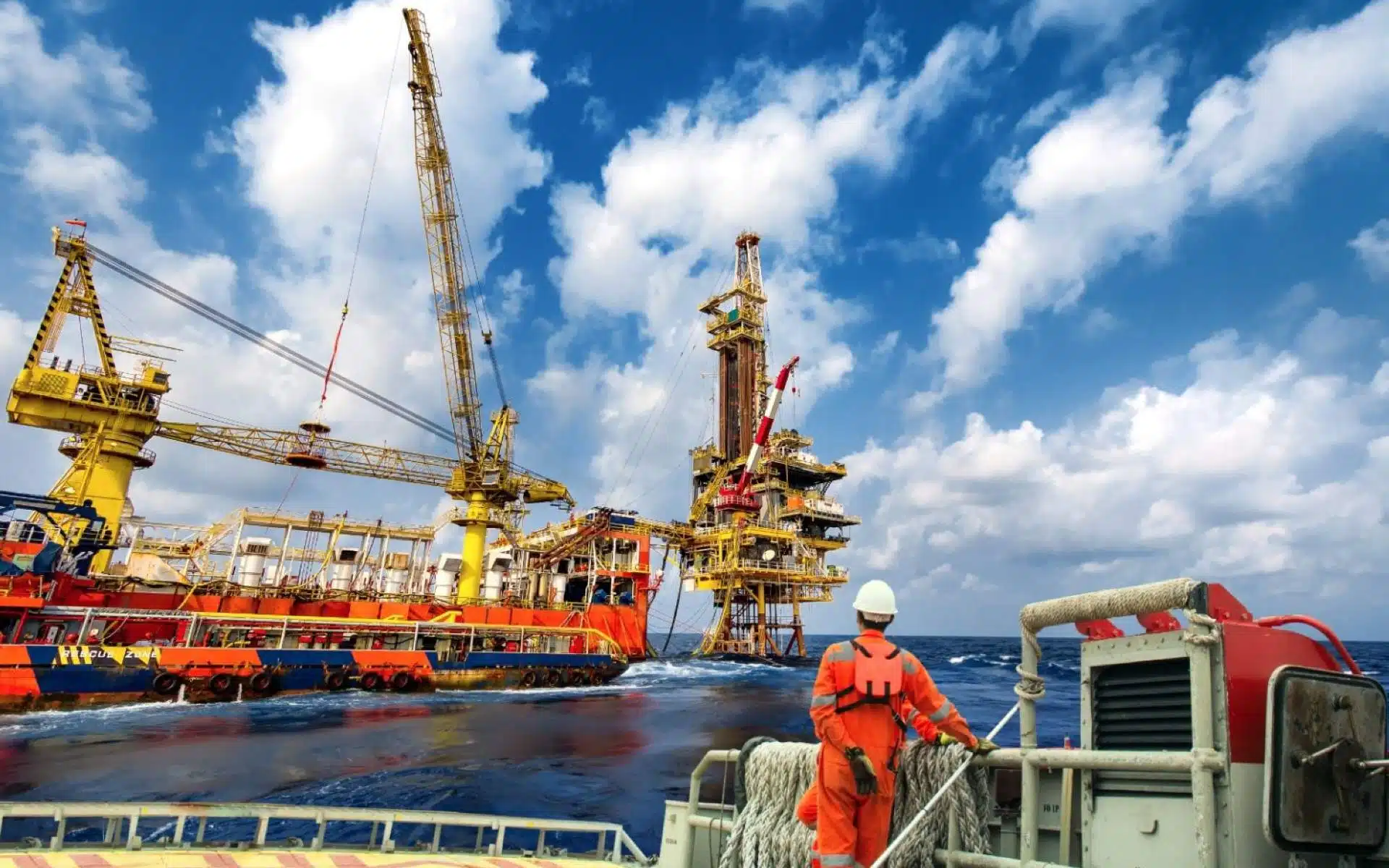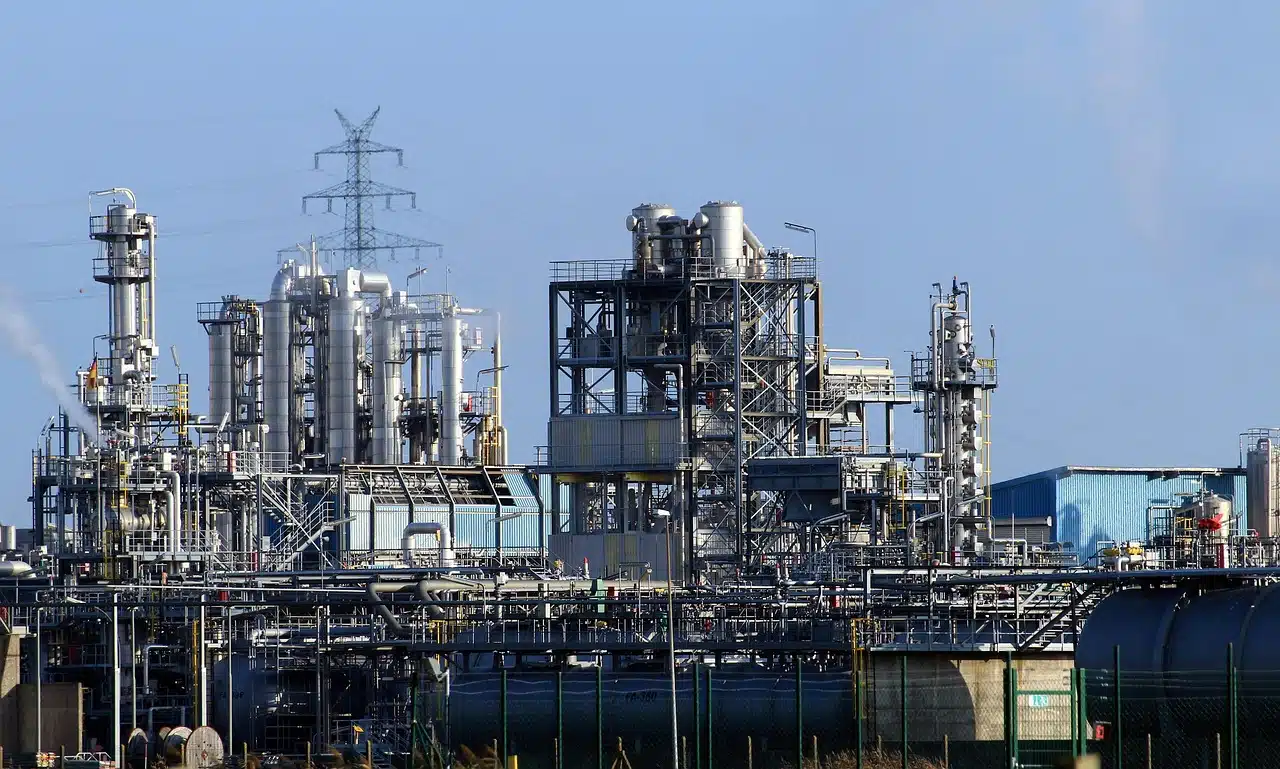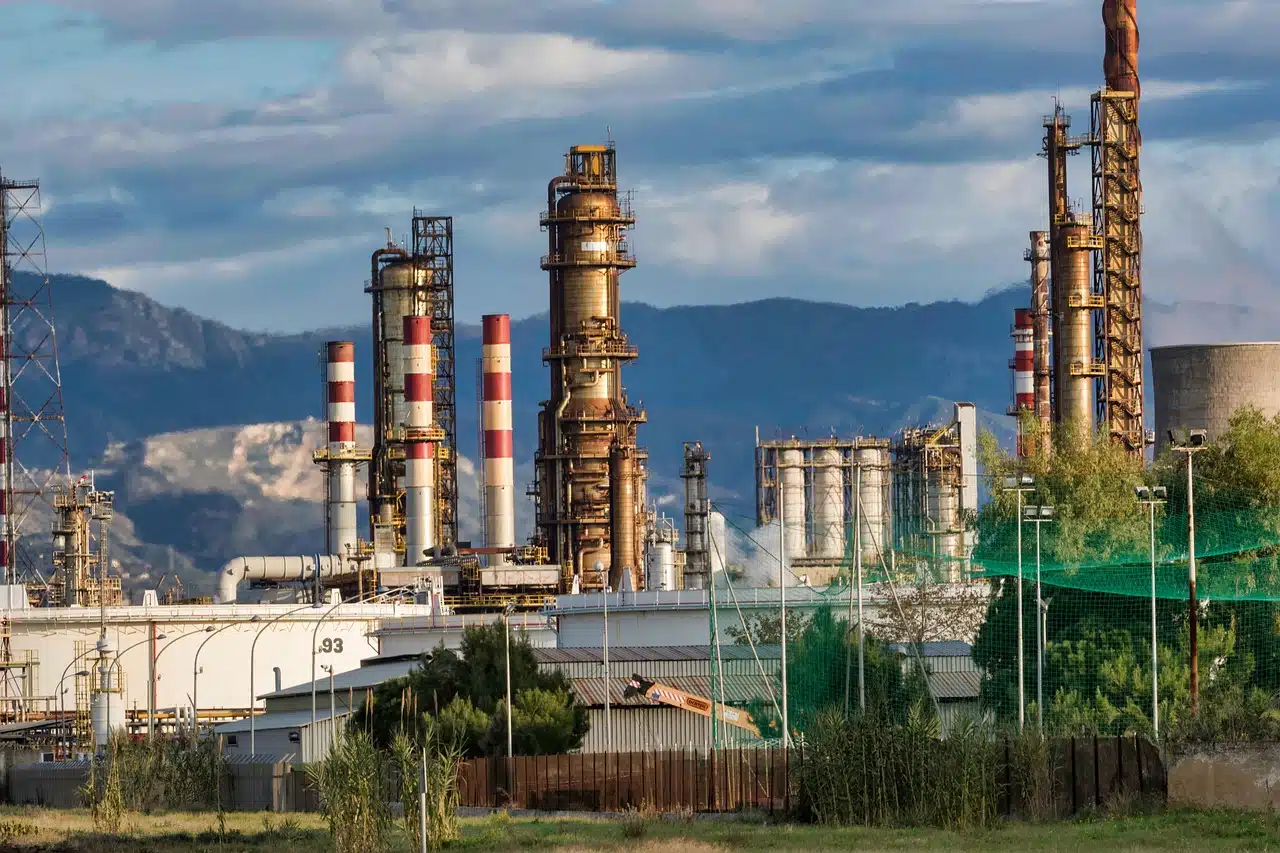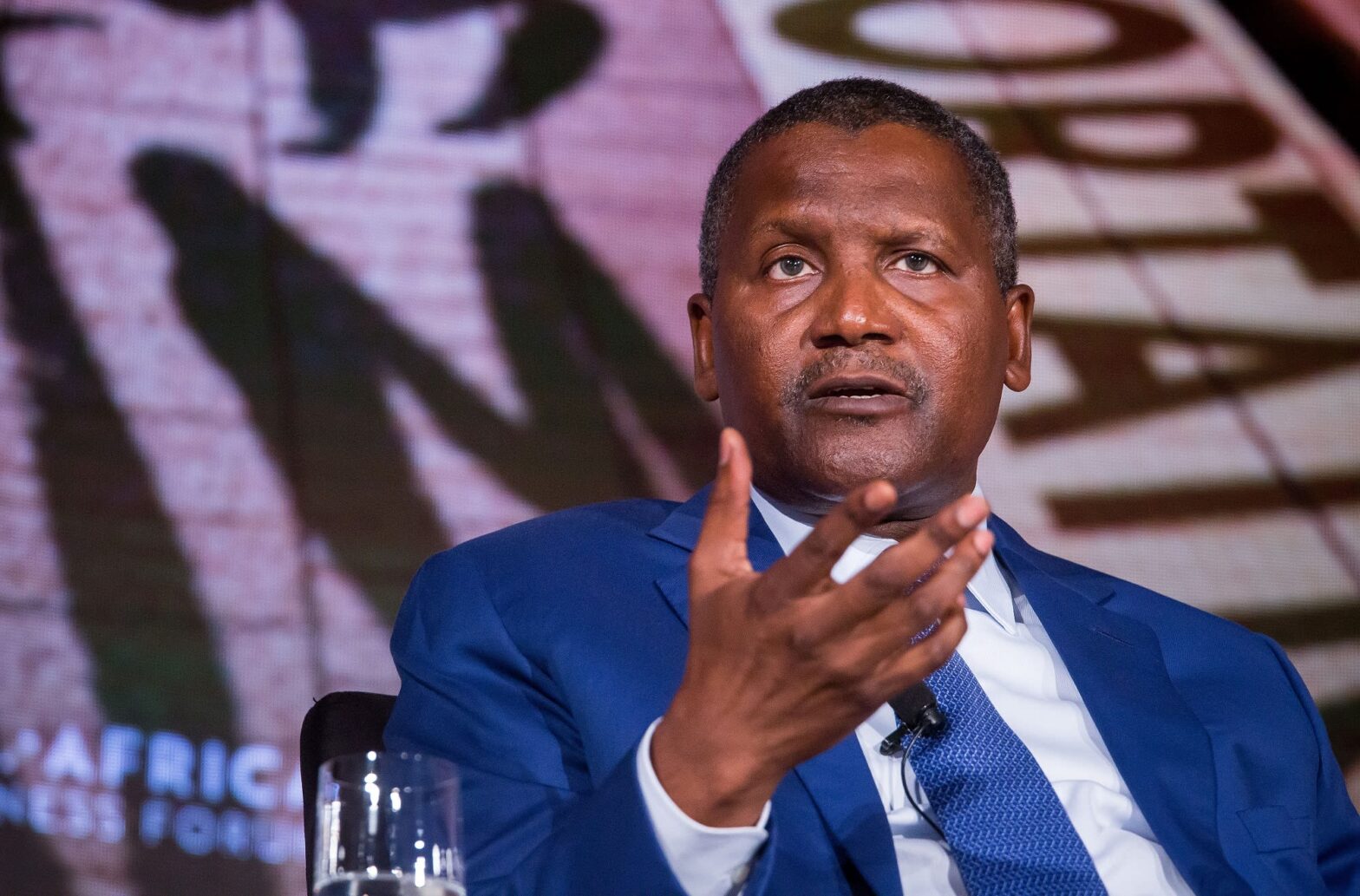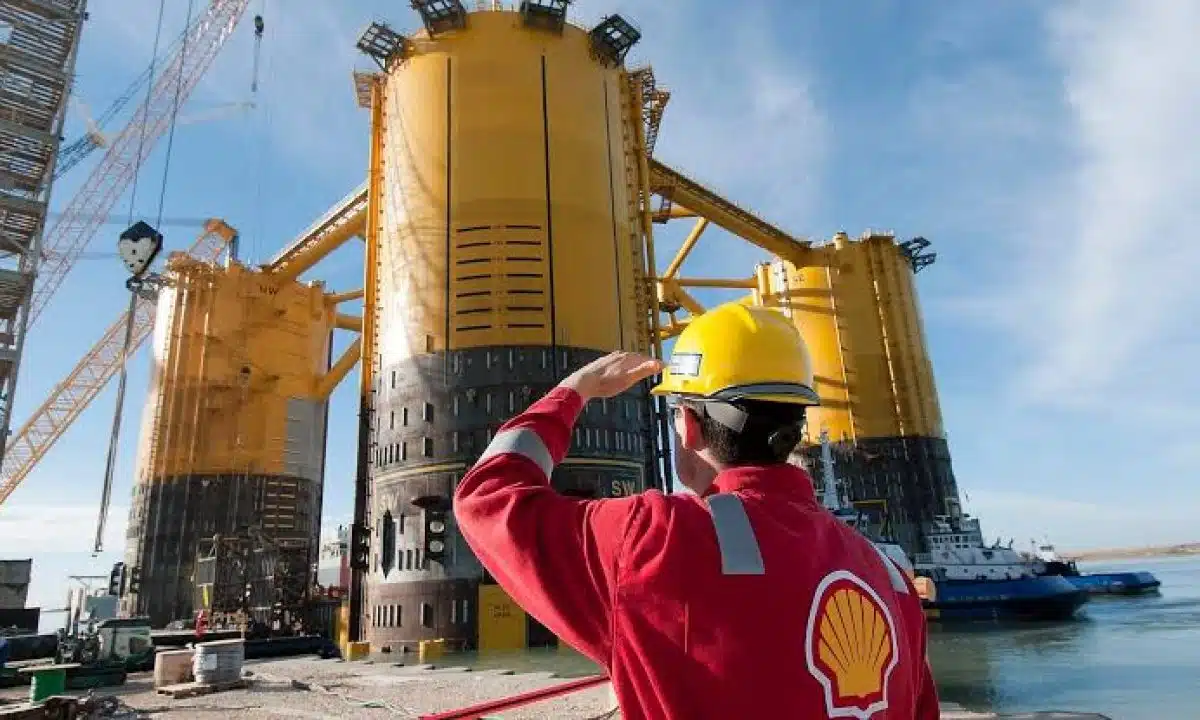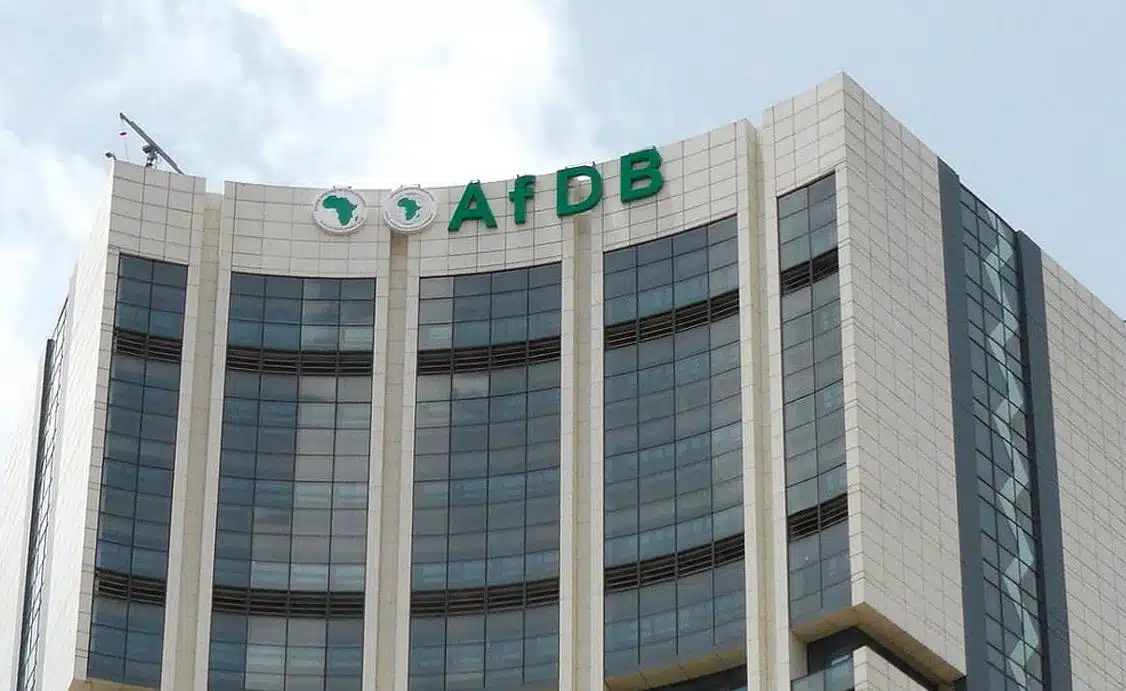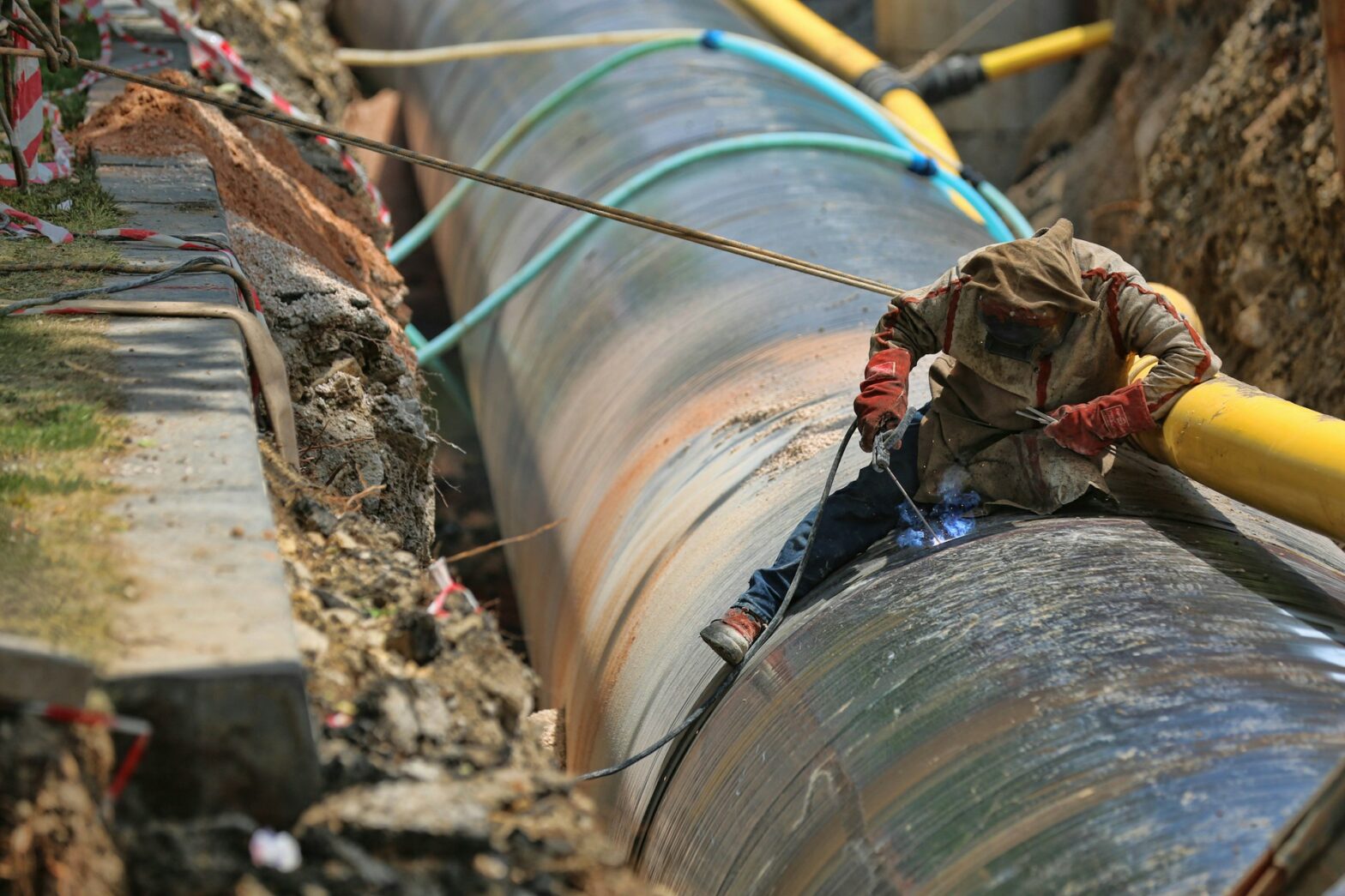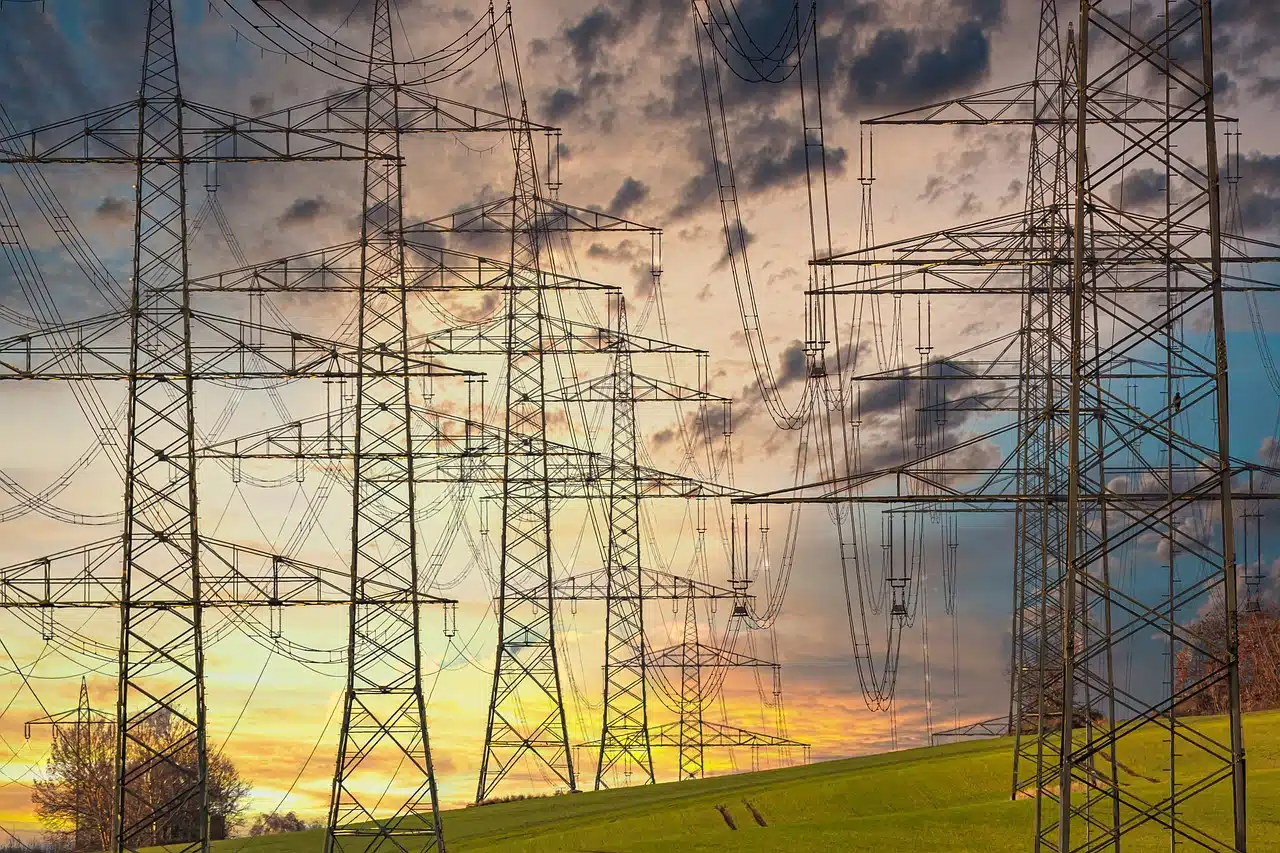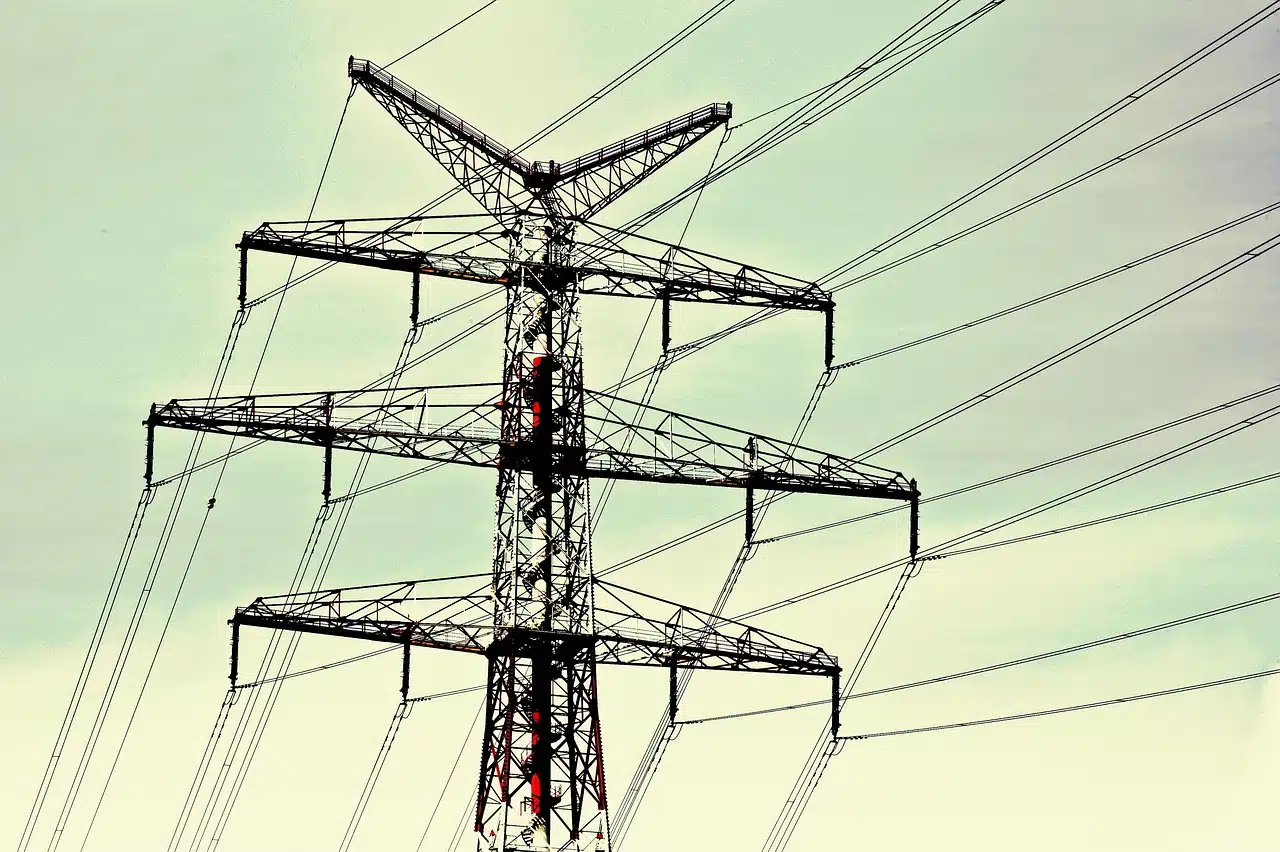Nigeria’s oil and gas sector, one of the country’s most dynamic industries, had a remarkable run in 2024. The year brought game-changing moments across the upstream, midstream, and downstream sectors, setting the stage for even bigger transformations.
In the downstream segment, the industry experienced a seismic shift with the full deregulation of the market. The government finally pulled the plug on the controversial and costly petrol subsidy, ending an era and reshaping the petroleum market. This bold move cranked up competition and loosened NNPC’s grip as the primary importer of petrol into Nigeria.
One of the year’s biggest headlines was the much-anticipated start of operations at the Dangote Refinery. With a massive 650,000 barrels-per-day capacity, this single-train refinery—the largest in the world—began supplying petroleum products to local markets, creating ripples that were felt across the energy landscape.
But the ripple effects didn’t stop at home. For the first time, Nigeria became a net exporter of refined petroleum products. The $20 billion petrochemical plant shipped its products to countries like Ghana, Cameroon, South Africa, the United Kingdom, and more, marking a new chapter for the nation as a global player in the oil and gas industry.
Meanwhile, the upstream sector was buzzing with activity as international oil giants Shell Plc, Equinor, TotalEnergies, and Eni made big moves to offload assets. These divestments signaled a shift in the industry’s balance of power, with local players stepping in to take charge.
Among the standout deals, Equinor exited Nigeria after 31 years, selling its assets to Chappal, a homegrown energy company, in a $1.2 billion transaction. Shell also got the green light from the government to wrap up the sale of its onshore assets to Reconnaissance, while other companies joined the queue, hunting for buyers in what has become a booming divestment market.
If 2024 was a roller-coaster, 2025 is shaping up to be a full-blown thrill ride. This year promises a surge of investments, groundbreaking deals, long-awaited project completions, and fresh capital flowing into the sector.
As an oil-producing country and OPEC member, Nigeria is gearing up for some major projects and deals in 2025, including but not limited to:
5. Completion of the AKK gas pipeline
One of the major infrastructure projects slated for completion in 2025 is the Ajaokuta-Kaduna-Kano (AKK) gas pipeline project. This project involves a 40-inch, 614-kilometer linear pipeline system extending from Ajaokuta in Kogi State to Kano, with intermediate and terminal gas facilities, along with related equipment to transport natural gas to off-takers in Abuja, Kaduna, and Kano.
Initially approved in 2017 during the administration of then-President Muhammadu Buhari, the AKK project aims to establish a connection between pipeline networks in Nigeria’s eastern, western, and northern regions.
As the first phase of the Trans-Nigeria Gas Pipeline (TNGP) project, the AKK pipeline is being developed through a build-and-transfer (BT) public-private partnership (PPP) model. This model requires the contractor to provide 100% of the funding for the project.
The Bank of China and Sinosure are financing the project. Upon completion, the AKK pipeline is expected to enhance Nigeria’s electricity generation capacity by contributing 3,600 MW of power to the national grid and providing electricity to the northern region of the country, utilizing gas supplies from the south.
The project is also anticipated to bolster the industrial sector in Nigeria’s eastern and northern regions. Additionally, it will promote the local use of domestic gas and play a significant role in reducing gas flaring in the Niger Delta.
According to NNPC’s Group CEO, Mele Kyari, the project is projected to be completed by the first quarter of 2025.
4. Rehabilitation of 3 State-owned refineries
In 2024, the national oil company, NNPC, undertook an aggressive rehabilitation of several state-owned refineries. This initiative resulted in the partial restoration of the old Port Harcourt refinery, now capable of producing 1 million liters of petrol daily. Additionally, the Warri refinery, which had been inactive for decades, resumed operations with rehabilitation reaching approximately 60% completion.
NNPC has pledged to continue its rehabilitation efforts in 2025, with the goal of ensuring that the three refineries—Port Harcourt, Warri, and Kaduna—become fully operational and effectively supply the local market by next year.
If realized, this development is expected to have a transformative impact on the downstream sector, potentially eliminating the need for petrol imports. Currently, Nigeria allocates about 40% of its foreign exchange earnings to fuel imports, as the country relies on imports for nearly 80% of its refined petroleum products.
In 2025, the narrative is set to shift as Nigeria transitions from being a net importer of petroleum products to a net exporter of refined products.
The Dangote Refinery, operating at 85% capacity, is reportedly ramping up production. With the combined contributions of the Port Harcourt, Warri, and Kaduna refineries, Nigeria may even extend its refining capacity to support other countries.
3. Finalisation of Shell’s asset sales
The sales of Shell’s onshore assets have been a major topic since the announcement in January 2024. The divestment of these assets by the oil major marks the end of nearly a century of Shell’s operations in Nigeria’s onshore fields.
Shell, a key player in Nigeria’s oil industry, holds a majority stake in several oil fields, oil blocks, and oil wells through its onshore subsidiary, SPDC.
Reports indicate that Shell has secured ministerial approval from the Minister of Petroleum Resources, Heineken Lokpobiri, after initial resistance from the regulatory body, NUPRC, earlier this year, to sell its assets to the Renaissance Group.
Valued at $2.4 billion, the assets will be transferred to Renaissance upon the finalisation of the deal in 2025.
2. ExxonMobil $10 billion investment deal
As part of its divestment strategy in Nigeria, oil major ExxonMobil announced a $10 billion investment plan for Nigeria’s offshore sector in the coming months.
The investment was first disclosed during discussions between Nigeria’s Vice President, Kashim Shettima, and Shane Harris, the CEO of Exxon’s Nigeria operations, held on the sidelines of the U.N. General Assembly in New York in September 2024.
The funds will be directed toward the development of ExxonMobil’s Owo project, a significant deep-water initiative in the southwestern region of the country.
Exxon recently sold its onshore assets to Seplat, one of Nigeria’s leading indigenous companies, for $1.2billion. This move aligns with the company’s strategy to concentrate on its offshore assets, following the example set by other international oil firms like Shell and Eni.
Reports indicate that ExxonMobil plans to invest $2.5 billion annually to increase oil production by 50,000 barrels per day (bpd) over the next few years while sustaining its operations in Nigeria.
1. Listing of Dangote refinery on NGX
The most anticipated news story of 2025 is the listing of Dangote refinery, Nigeria’s largest oil and gas company, on the Nigerian Exchange (NGX). According to a statement by the Dangote Group, the $20 billion project is set to go public in the first quarter of the year.
The Group also announced plans for a dual listing on the London Stock Exchange, a strategy expected to attract both domestic and international investors.
Currently, Dangote Cement remains the most liquid company on the NGX, with a market valuation exceeding N8 trillion. In 2024, the NGX welcomed the listing of Aradel Holdings, a leading oil and gas company in Nigeria, with a market valuation of over N2 trillion.
With the listing of Dangote Refinery, it is expected to become the most valuable company on the exchange, representing approximately 15% of the total market valuation, which stands at about N56 trillion as of this report.

